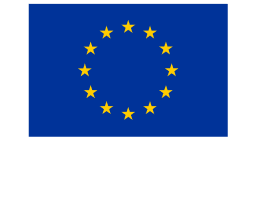Judicial system and detention
4.54-0.05
Refers to a state’s judiciary’s power to effectively try to enforce judgments on organized crimerelated cases. The ability of a country’s judicial system to do so depends on whether it is adequately resourced and operates independently and effectively at all points along the juridical chain.
Although passing judgment on cases is its primary function, the ability to enforce is also an essential component of a judiciary’s activities. Things such as evidence that key organized crime criminals are successfully prosecuted and, in particular, 148 Global Organized Crime Index - 2021 the degree of organized crime influence from within the prison system, are factors to consider in assessing a state’s judicial capacity. Where the prison system is notably captured by organized crime, this should significantly impact the score.
Thus, while having more resources and independence to pass judgment on organized crime cases implies higher state resilience, high impunity implies lower state resilience.





